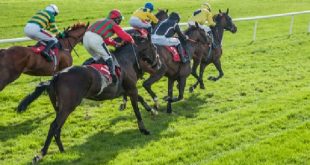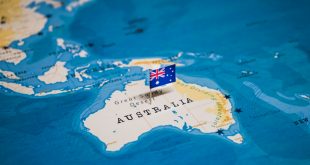The Australian Capital Territory (ACT) has confirmed that it will move to implement a 15% point-of-consumption (POC) tax charge on all remote gambling services.
The ACT government which overseas legislation for Canberra, has confirmed that it will move to implement its POC tax charge by the beginning of 2019.
The new policy will charge betting operators a 15% tax on net betting revenues generated from consumers based in the ACT territory.
The ACT government has warned all remote gambling operators that they must abide by the new tax mandate, regardless of which Australian jurisdiction they are licensed in.
The ACT replicates the recent decision by the government of South Australia (Adelaide) to impose a 15% POC remote betting duty, which is set to commence this July.
Updating stakeholders, the ACT government detailed that it expected to generate circa AUS $2 million in state funding from its new tax charge, which would be directly transferred into state services and charity initiatives.
Entering 2018, a number of Australian lawmakers have pushed for further states to implement regional tax regimes on remote betting enterprises, which are primarily licensed in Australia’s Northern Territory.
Queensland and Victoria, appear to be the next states that will move to introduce a POC charge when they formally announce their upcoming new state budgets.









